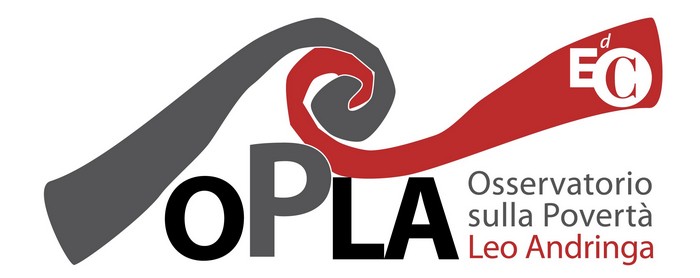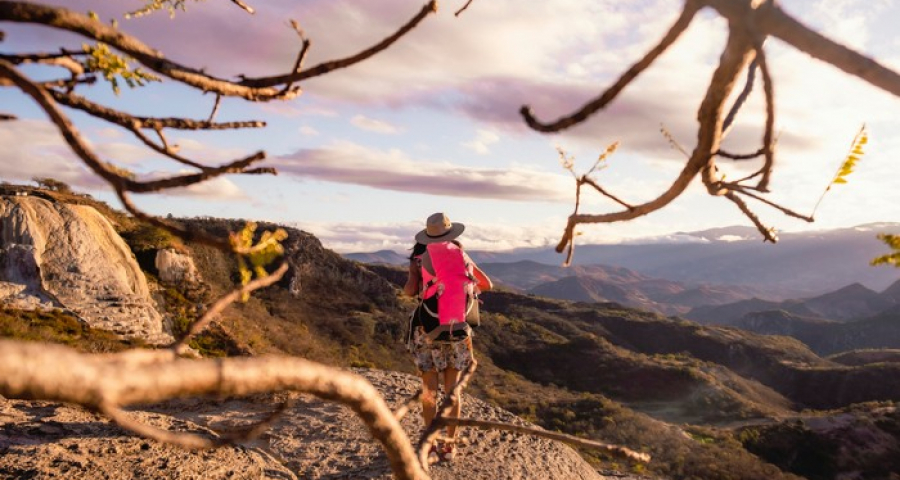The fifth instalment of the column by the Leo Andringa Observatory of Poverty explains the fourth criterion that characterises the current EoC approach to promoting, implementing and evaluating initiatives to combat poverty, starting from communion.
by the Team OPLA*
«“Development as Freedom” is the title of one of the best known books by Amartya Sen, the Indian philosopher and economist who won the Nobel Prize for economics in 1998 and who has studied the issues of poverty and social inequality in depth. His proposal is to see human flourishing as a multidimensional process, through the development of “functionings”. It is fundamental to have the right to do something (to feed oneself, to live, to get cure, to work, etc.) but it is not enough. It is also necessary to have the physical conditions to do it, to know how to do it, to live in a society that allows one to do it, to have the means and resources to do it, etc. The active combination of these conditions, in each of the dimensions of life, that is, the exercise or implementation of these conditions generates “functioning”. “Functionings represent,” says Sen “parts of the state of a person – in particular the various things that he or she manages to do or be in leading a life.».
True human development then, according to Sen, is the growth of functionings in people's lives, enabling them to live a life to which they give value with good reason. Each time a person exercises a new functioning, they are freer: to do what they need and value.
This is precisely the reason why the EoC has chosen, in its poverty fighting projects, to give preference to supporting people’s work, as opposed to providing mere economic support. Work enables a person to provide for themselves and their family on their own, and, in addition to that, it allows them to exercise their skills by making  these available to the society in which they live to help improve it. In this dual mode, work contributes to a person's dignity.
these available to the society in which they live to help improve it. In this dual mode, work contributes to a person's dignity.
In this sense, for each candidate to receive support, the EoC makes a brief and simple analysis of the employment situation in which he/she finds him/herself, by means of an initial question: is the candidate in a position to work? Or, if he/she had a job opportunity today, would he/she be in a position to take it? If the answer is positive, the option of supporting the candidate in finding job opportunities, job placement or starting/strengthening income-generating activities is considered. It may be the case, however, that the applicant experiences objective difficulties (physical, political or other conditions) that prevent them from working in any case, even if the opportunity exists. If it is so, the option of offering them financial support from EoC funds for the time needed will be considered.
Another aspect is integration into the regional context and communities. Everyone knows that facing a situation of poverty alone is not and will never be the same thing as facing it together with a network of people. For this reason, the EoC tries to take into account two specific aspects concerning the possibility of receiving support: does the applicant have a family or a network of local relations that could support them in their situation of need? Or are there public or private organisations in their surroundings that could respond to their need? If yes, the option of supporting the candidate in effectively accessing their own local helping relations or opportunities offered by public/private organisations in the area will be considered, with a view to subsidiarity. Or: is the applicant experiencing a situation of physical/relational isolation or social exclusion that is preventing them from accessing nearby support opportunities? If yes, the option of offering economic assistance and relational support by the EoC will be considered.
With this approach, the EoC seeks to walk together with participants towards a way out of poverty, supporting them to develop their own functionings and thus be freer. Work and dignity return, and with them the hope for a better life.
Photo credits: Image by Davis Arenas from Pexels:
* The OPLA team:: Francesco Tortorella, Germán Jorge, Maria Helena Fonseca Faller, Tainã Santana








